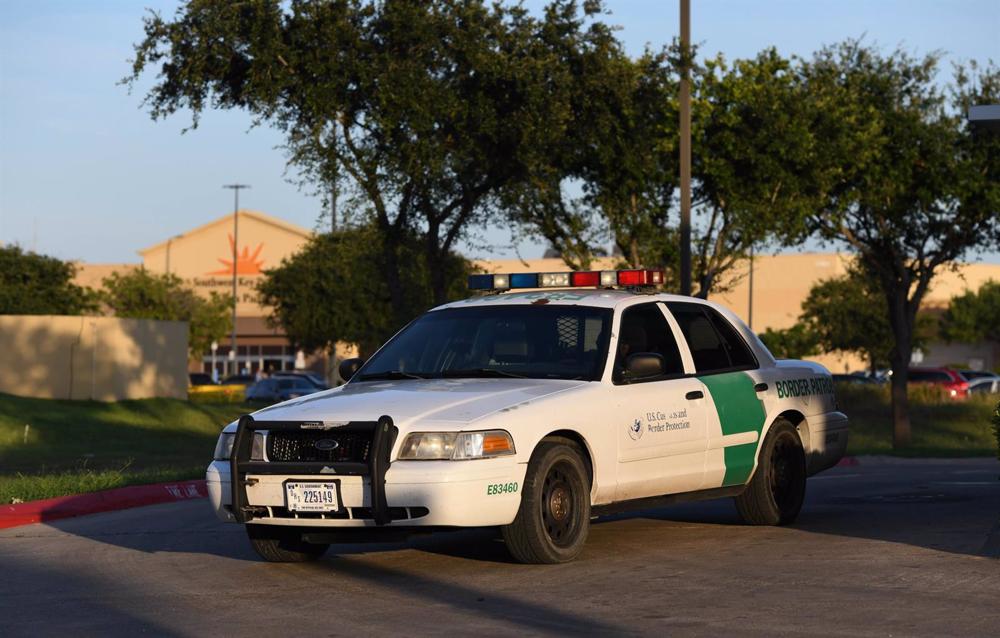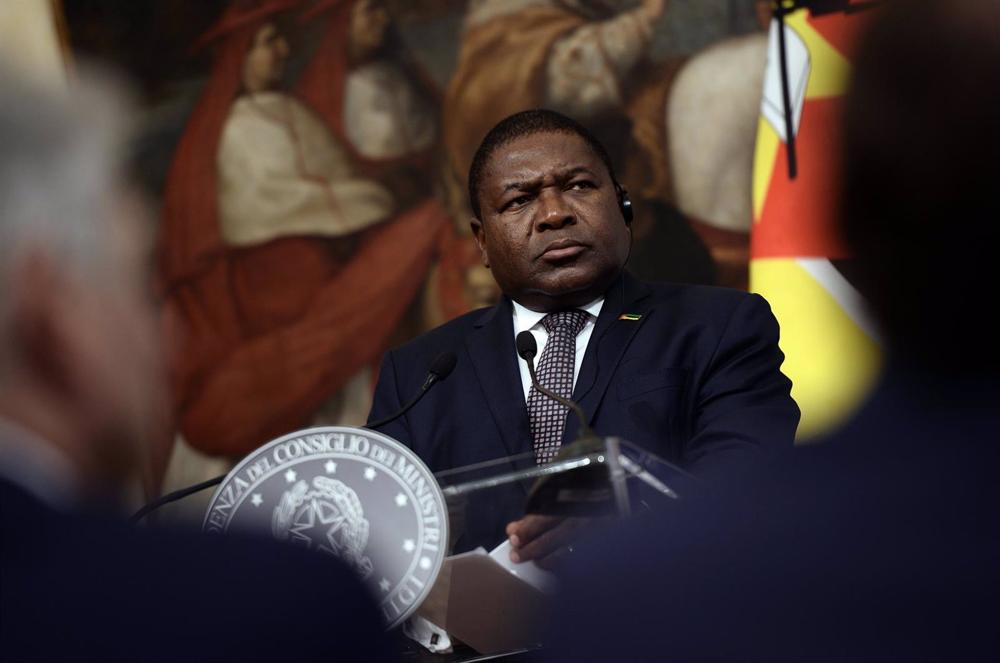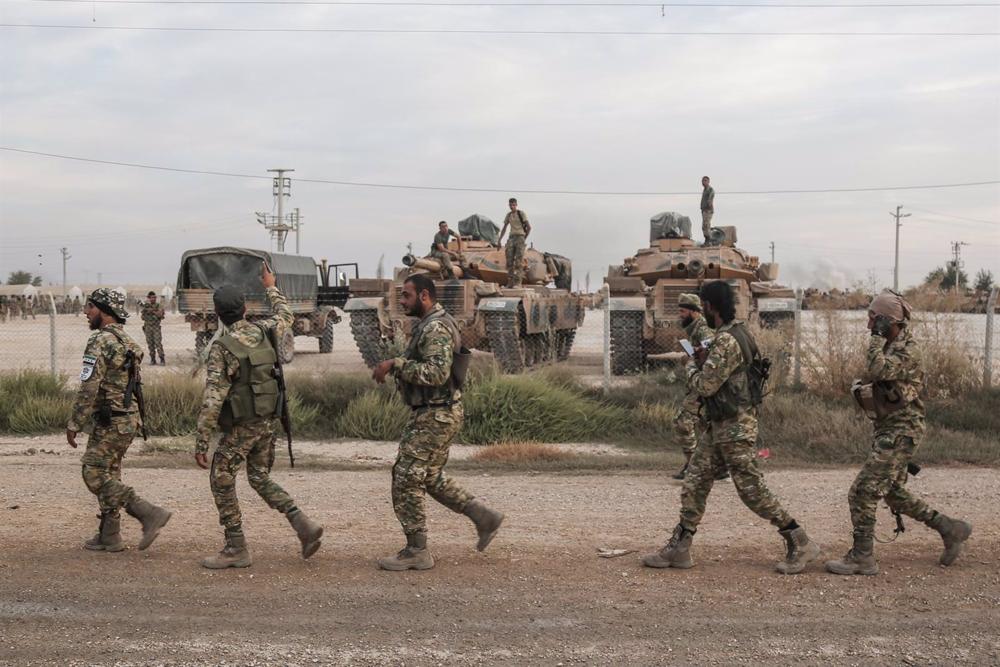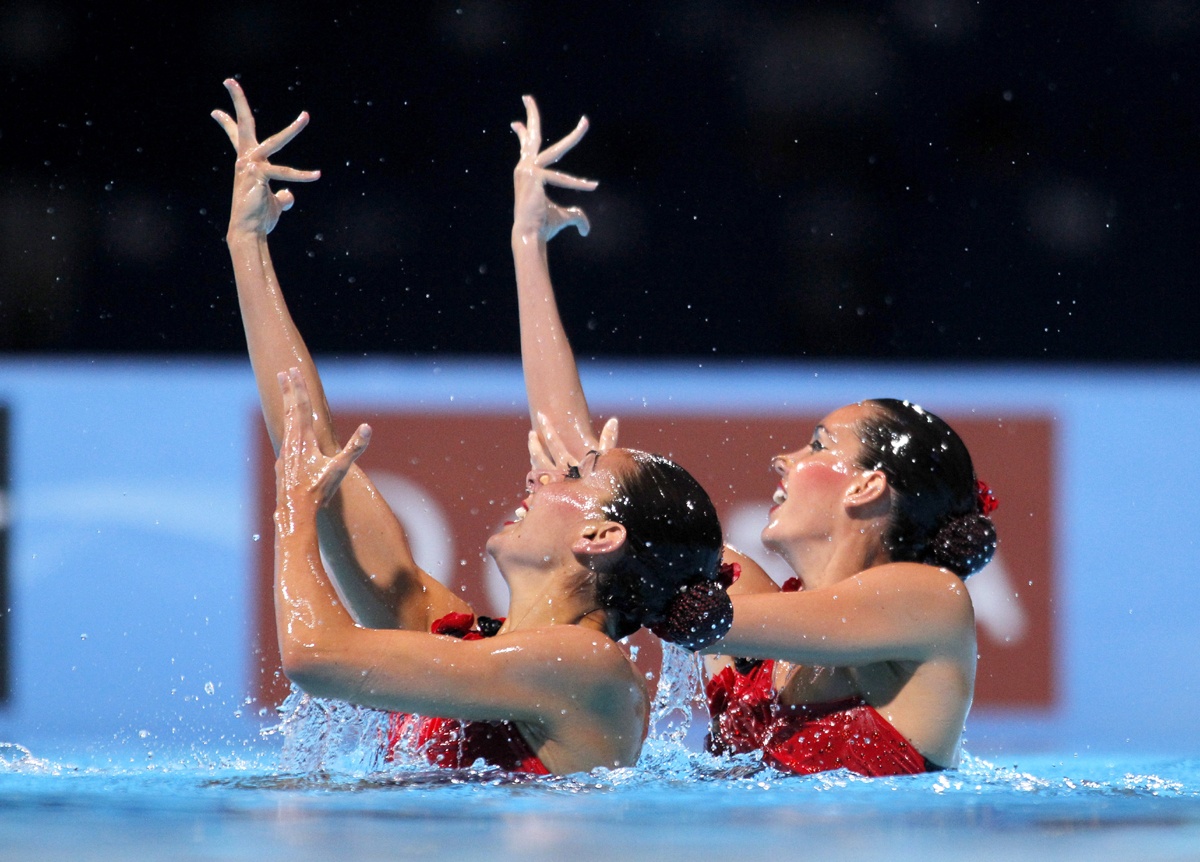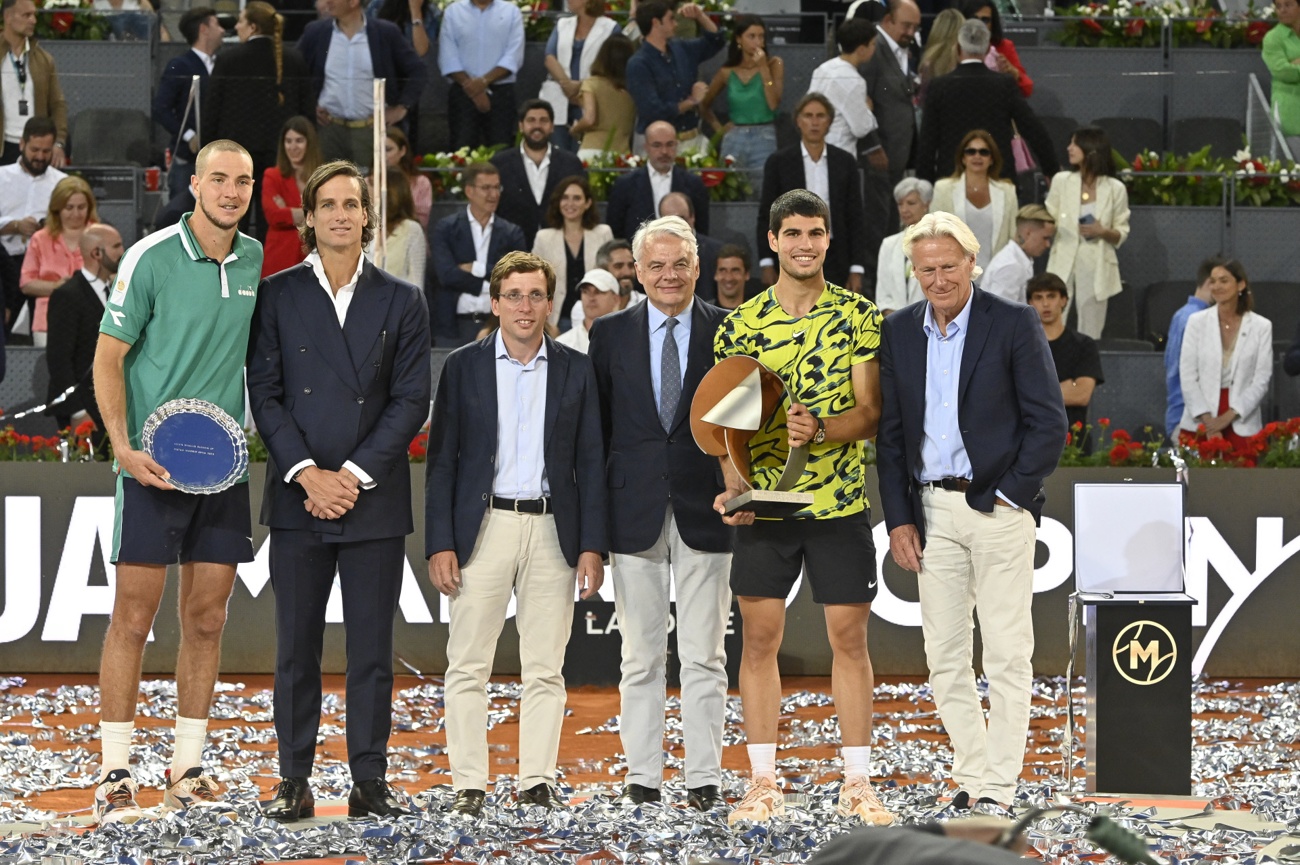
The sentence of the Barcelona Court of Appeal on the ‘Neymar 2 case’ has acquitted all the defendants who were tried for alleged swindling and corruption between private individuals in the signing of the player for FC Barcelona from Santos FC in 2013, according to the sentence published Tuesday and consulted by Europa Press.
In addition to Neymar, this sentence affects his parents, former Blaugrana presidents Sandro Rosell and Josep Maria Bartomeu, former Santos vice-president Odilio Rodrigues, and as legal entities the two clubs and the company N&N, with which Neymar’s father represents the player.
The trial in section 6 of the Barcelona Court of Appeal began on October 17 and ended on October 31, and was marked by the withdrawal of all the accusations of the prosecutor, who asked to acquit the nine defendants, leaving the case supported only by the private accusations of the Dis fund – owner of 40% of Neymar’s federative rights – and the Federation of Professional Athletes’ Associations of Brazil (Faap), owner of 0.8%.
Based on the evidence presented at the trial, the court ruled out that Neymar was offered a bribe or that he demanded it in exchange for signing for Barça, and concluded: «The accusation makes deductions that do not go beyond mere suspicion. They are not indications of criminality.
Barça and Santos agreed on the transfer of Neymar for 17 million euros and after the signing both clubs signed several contracts and agreements: one of 7.9 million in preferential rights on three youth players; another of 4.5 million to play two friendlies and another of 40 million signed by Neymar and Barça in 2011 as a signing bonus.
The private accusations argued that these contracts masked part of the payment for the signing of the striker and now the court finds that the contracts existed but dismisses the thesis of Dis and does not consider them criminal, and stresses that the fund charged for the transfer 6.84 million which represents 40% of the 17 million of the transfer agreed by the two clubs.
For its part, Barça signed up to seven contracts with Neymar, his father and representative companies for the transfer: they paid him a signing bonus of 8.5 million and committed to pay him 45.9 million during the first five years of the contract.
«We do not manage to explain to ourselves the reason why Dis opts for criminal action instead of claiming before the civil jurisdiction of Brazil,» the judges reproach the prosecution, adding that, if Neymar breached his agreement with the fund, this was not criminal.
Absence was not a «privilege».
During the trial, both Neymar and the rest of the defendants were excused from being on the defendants’ bench except for their interrogations and to use their right to the last turn to speak, in which the player appeared by videoconference.
The judges devote part of the sentence to justifying that this was «a privilege» for the defendants and point out that it is a common practice in their courtroom.
They point out that the defendants were on probation and that «with their presence at the beginning of the trial they have made clear their availability to the court», and add that attending the trial is a right of the defendants.
«Therefore, the development of the trial under these conditions does not constitute a procedural privilege due to the quality or condition of the defendants. At least in this court it is a common practice in complex trials and whose celebration is developed in a plurality of sessions», and also ruled out that it would be a favored treatment to allow defendants who do not live in Spain to intervene by videoconference in the last turn to speak.
The prosecution will pay part of the costs
The magistrates have dismissed the arguments of the defense that the Spanish justice did not have jurisdiction to take the case, but that it corresponded to the Brazilian courts, and have also ruled out that the same facts had already been judged in the first ‘Neymar case’, which resulted in an agreement with which FC Barcelona accepted a sentence of a fine of 5.5 million euros for defrauding the Treasury with the recruitment of the player.
The ruling states that the Dis group did have standing to act as private prosecutors in the case, contrary to what the defenses argued, but the court ordered them to pay part of the costs of the trial – a decision that they can appeal – given the «inconsistency, at least partial, of the grounds for the prosecution of Dis and Faap».

